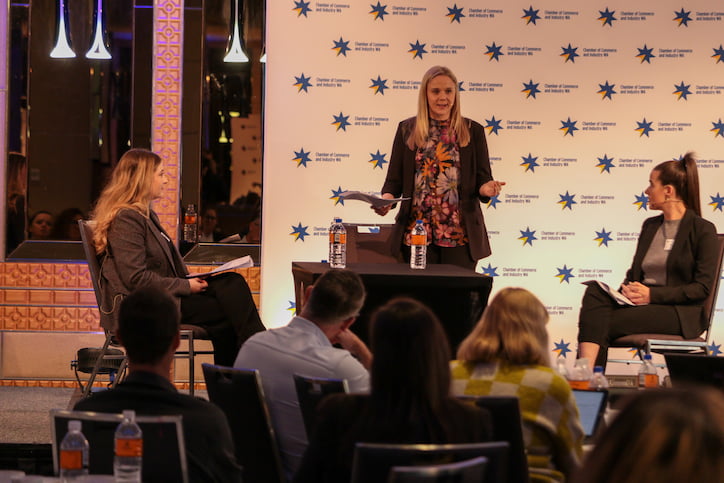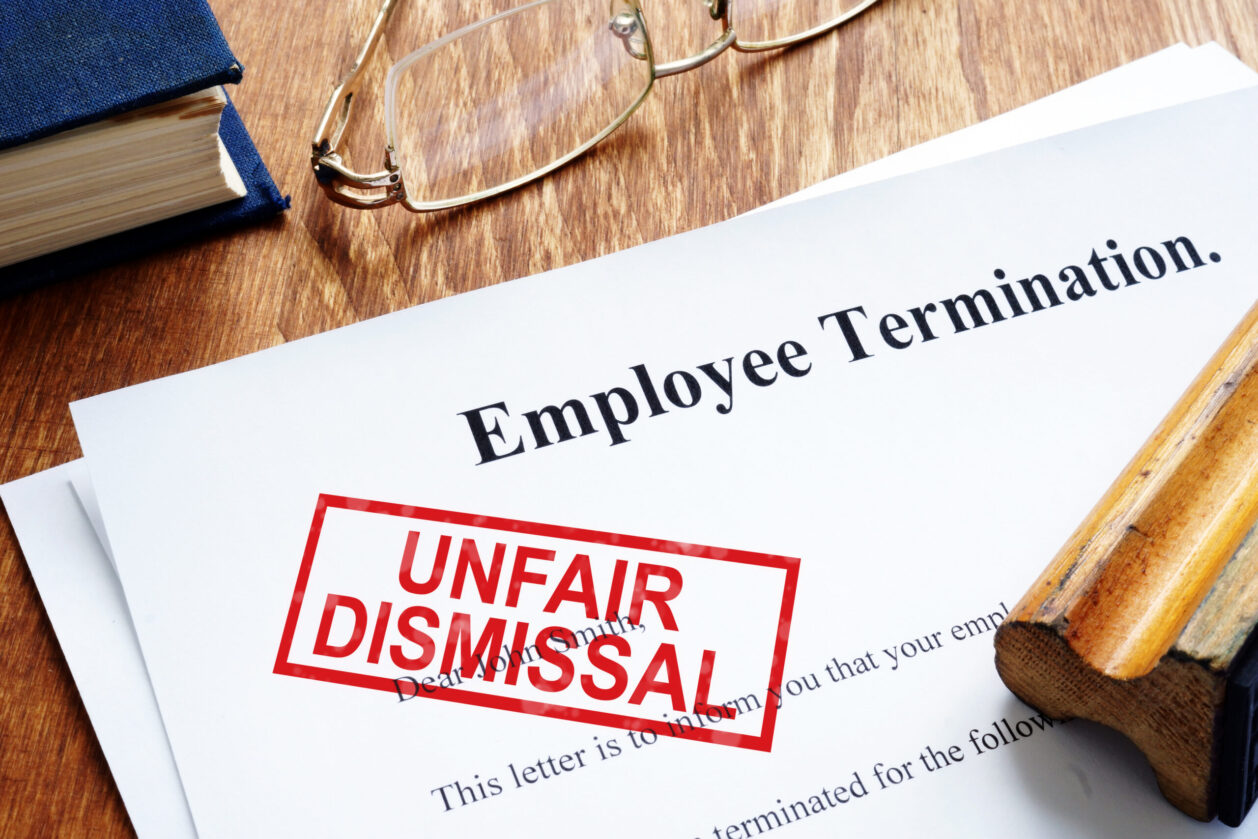Mediation can provide one of the most cost-effective and efficient ways to resolve workplace disputes, according to CCIWA Workplace Relations Senior Associate Brianna Stanway.

Mediation can avoid the need for investigations, resolve bullying claims, establish a productive way of working together and assist in retaining workers and maintain healthy working relationships, says Stanway, a nationally accredited mediator.
“In my practice as a mediator, I've seen issues with employees of all levels taken to HR or to the CEO. Usually, they revolve around some sort of communication breakdown or block that just can't be resolved on its own,” Stanway tells the audience at CCIWA’s Workplace Relations Conference 2023: Adapting to Change.
“Issues can sometimes occur with two very valuable team members who can't resolve the issue and are thinking about leaving the business.
“This is just one of the reasons why CCIWA provides a mediation service, which we have found to be a very cost-effective and efficient way of resolving disputes and helping to maintain workplace culture. It can be used to save employee relationships, avoid complex investigations which can also be costly, and avoid expensive legal claims.”
How does mediation work?
Stanway, and two of her colleagues, acted out a typical mediation procedure at the CCIWA conference in front of 150 attendees. The scenario involved two workers who had ongoing communication issues which came to head when the manager lost her temper at an employee in front of their colleagues causing her to cry. The two employees had not been able to be in the same room as each other since the argument.
They demonstrated how the process worked from the early preparation stage, then onto the private and joint sessions, to the feedback session, and final resolution.
Stanway says the process revolves around about teaching people effective communication “with no winners or losers”, and both parties contributing to the outcome, making mutually beneficial commitments.
“One of the best parts of facilitated mediation is that the parties have come up with the agreement themselves,” she says.
“I've written down the agreement which is in their own words, and they've come up with those commitments and it's proven that when people come up with a commitment themselves, they're much more likely to stick to it.
Confidential, impartial service
A key factor of the mediation’s success is the mediator being an outsider, with no pre-conceived biases or prior knowledge of either party. All information shared remains confidential unless agreed otherwise, Stanway says.
“Some businesses will attempt to mediate on their own and sometimes this can have really good outcomes, but sometimes it hasn't,” she says.
“If not approached carefully, it can make things a bit worse.
“It also increases psychological safety for employees because they know that person is impartial. They know that person is not doing their performance review in a couple of months.
“It also shows your employees that you're willing to invest in their relationships, and that that's important to you.”
CCIWA’s mediation service is run by nationally accredited mediators, with CCIWA’s mediation team offering a free initial chat to discuss the service and whether it’s right for your situation.
CCIWA’s nationally accredited mediators specialise in workplace mediation. For more information about our mediation services, email [email protected] or contact Brianna Stanway on 0448 810 021.






